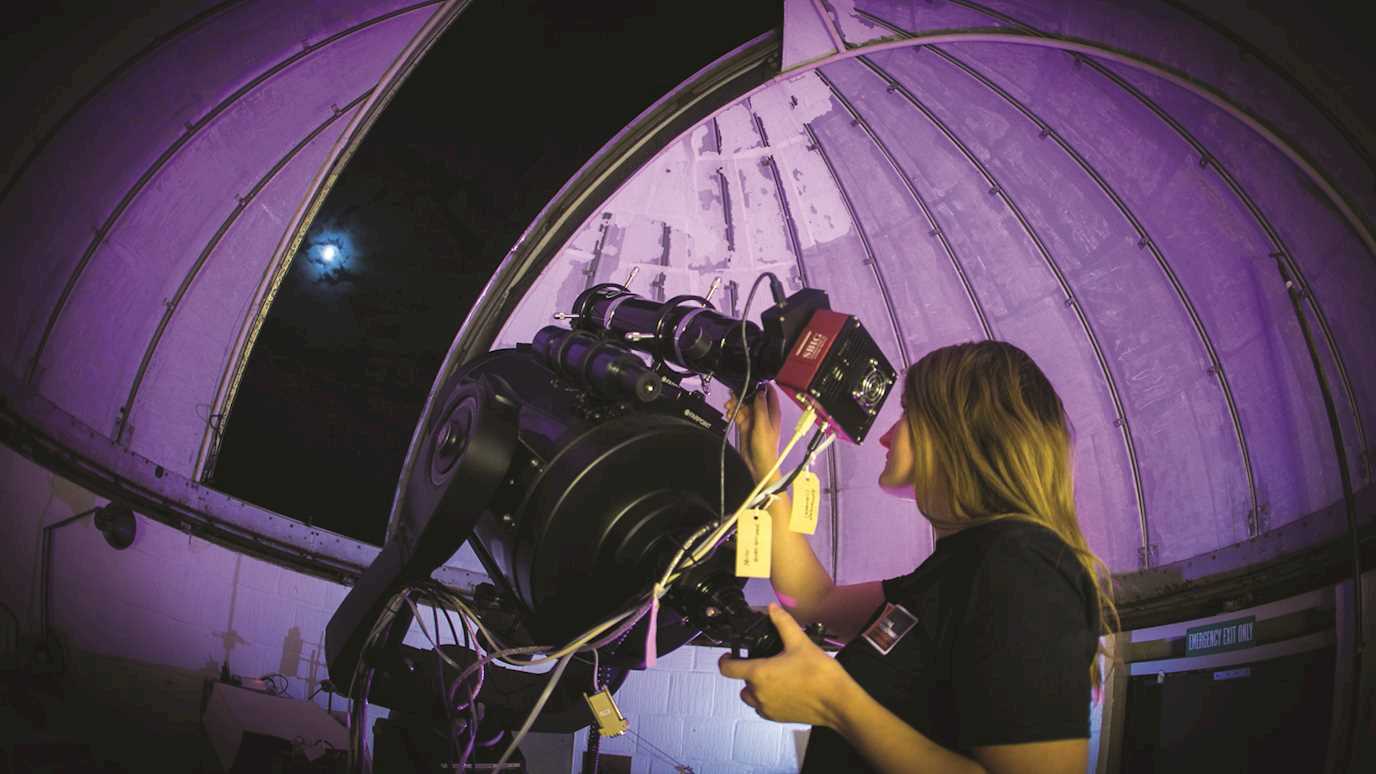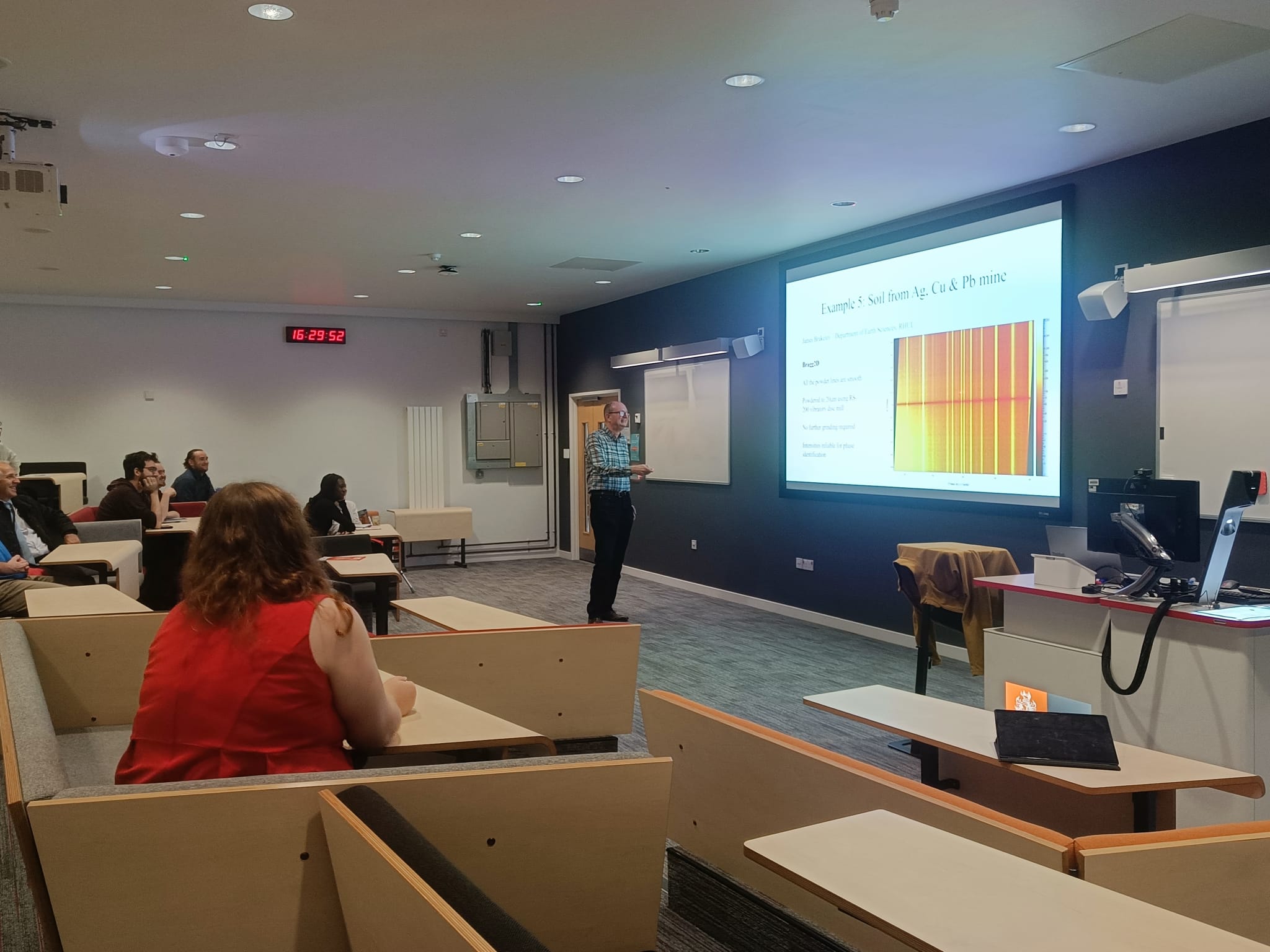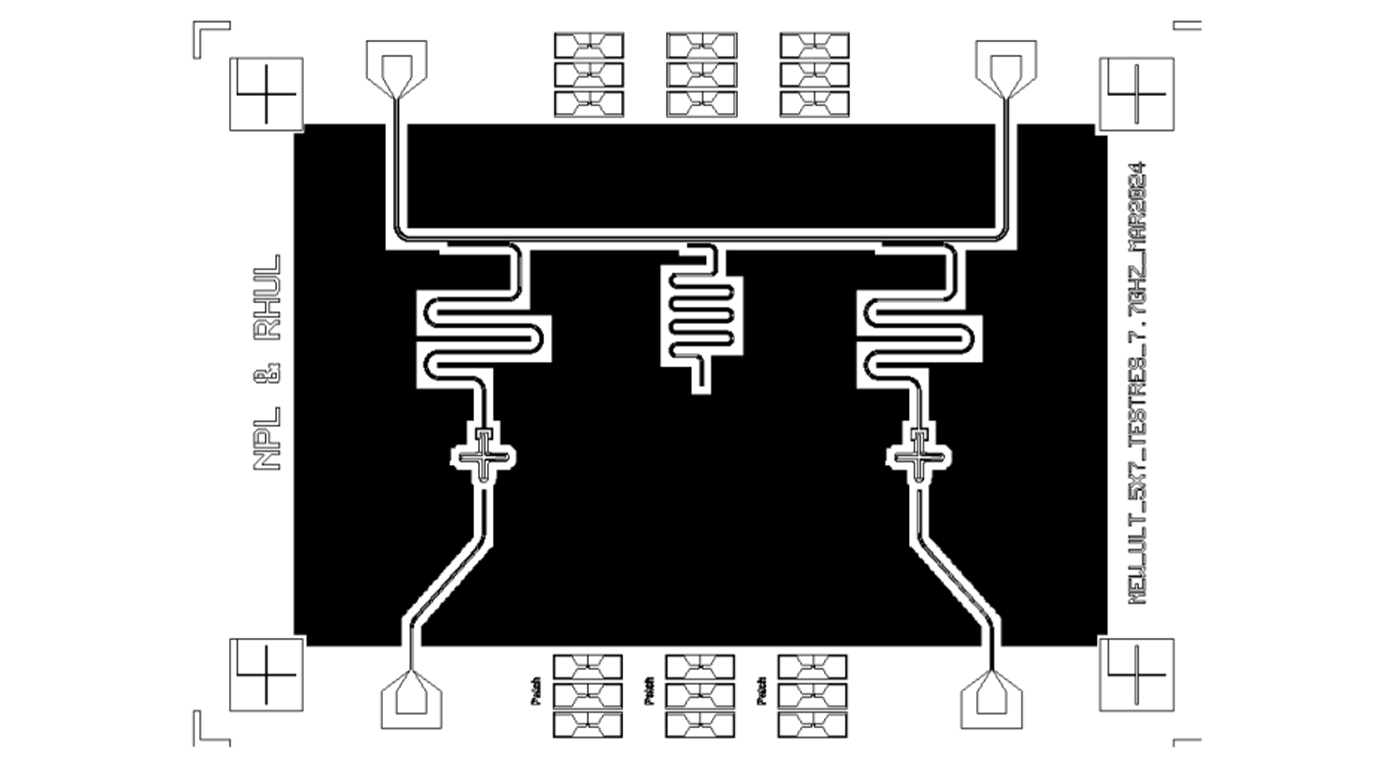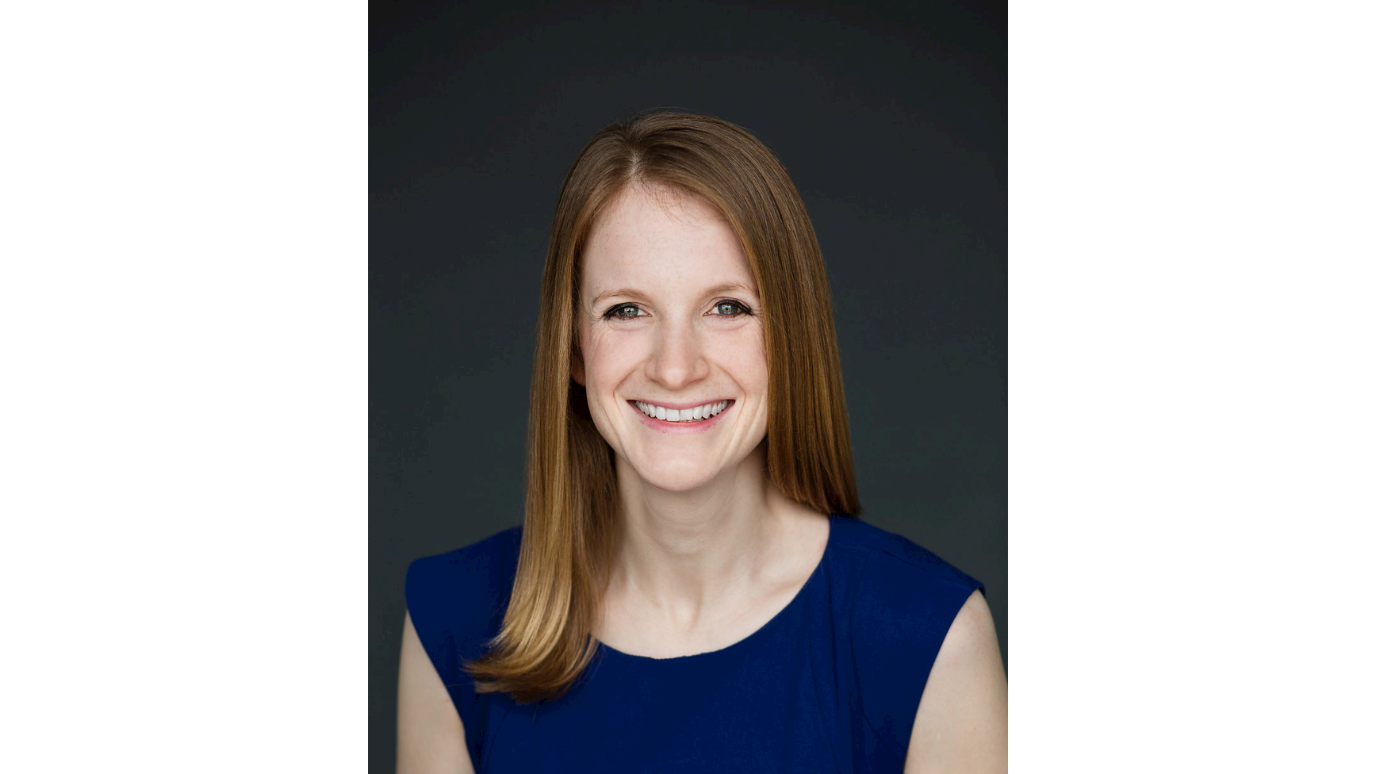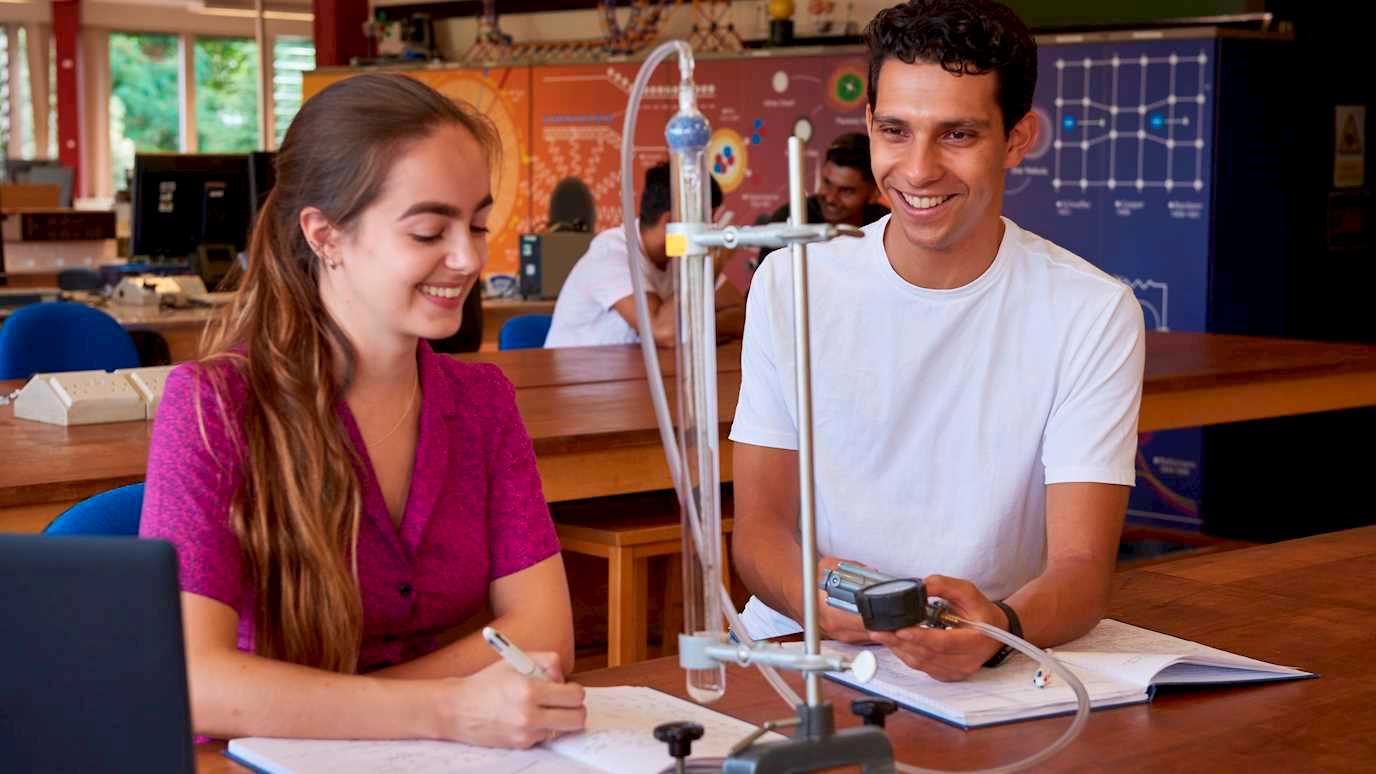For this year’s Fourth of July Royal Holloway was delighted to host Professor Séamus Davis as part of its Evening Lecture series in Physics in collaboration with Condensed Matter and the City 2019. Professor Davis has been at the forefront of development in the applications of quantum technology for the whole of his career, and gave a fascinating discussion on the new wave of quantum technology being pursued by governments and companies from around the world.

Human civilisation has always been inseparable from its technology. It began in prehistory with stone tools, then spending thousands of years in the copper age, before advancing more quickly through iron, glass, steel, and steam. In the 20th century the new science of Quantum Mechanics developed by the likes of Einstein and Schrodinger allowed a new boom in technology generated by our finally understanding the microscopic properties of matter. Perhaps no area has been so revolutionised by this as the way we interact with information. Just as the chart of history follows new mechanical tools, modes of transport, weapons, medicine and manufacture, an equally important evolution happened in how we use information. In the 20th century the first computers appeared. The giant, room-sized machines of wires and transistors allowed us to store, manipulate and transmit huge amounts of data at a rate and ease never before achieved. This was all made possible by a single invention: the transistor. The transistor is the most basic component of a computer, enabled by the engineering of semiconductors brought about by the quantum understanding of electrons in solids. Modern transistors are many times smaller than a human hair, and a smartphone contains more than four billion of them.

This was only the result of the first “quantum revolution”. Quantum Mechanics has more to offer in developing newer, faster computers than ever before, and we can achieve this by using the fundamental Quantum rules of our universe in the way we design the computers themselves, not just the circuits they’re built from. By utilising the complex quantum property of entanglement, we can make computers that perform their calculations by operating on individual quantum states (called “qubits”). Such Quantum Computers could revolutionise the efficiency of simulating biological molecules, or allow superfast, totally-secure satellite internet.

It’s no wonder then that the UK government invested a total of £300 million into developing quantum technology, as have many other countries. However, the reasoning for this is not purely optimistic. Quantum computers have the potential to break the encryption used to secure both your own private data, but also that of the world’s financial, military, and governmental institutions. The arms race for the capability to conduct cyber-espionage with near-total ease is on.
As ever, it is typical for a radical development to supplant what came before. The journey to develop new encryption invulnerable to quantum speedup is already underway. All technology comes with both benefits and drawbacks and the early computers were just as readily used for targeting ballistic missiles as for landing on the Moon. Quantum computers can be no different. Just as those first computers have given us the smartphones and laptops that enrich our lives it remains to be seen what, in 50 years, the second quantum revolution will bring us.
You can find the podcast for this lecture at: https://backdoorbroadcasting.net/2019/07/seamus-davis-quantum-technology-challenges-and-opportunities/
Written by James Halson










